
By Dr. Maulana Karenga — It is a fundamental tenet of Kawaida philosophy that practice proves and makes possible everything, that is to say, practice brings it into being, makes…

By Dr. Maulana Karenga — It is a fundamental tenet of Kawaida philosophy that practice proves and makes possible everything, that is to say, practice brings it into being, makes…
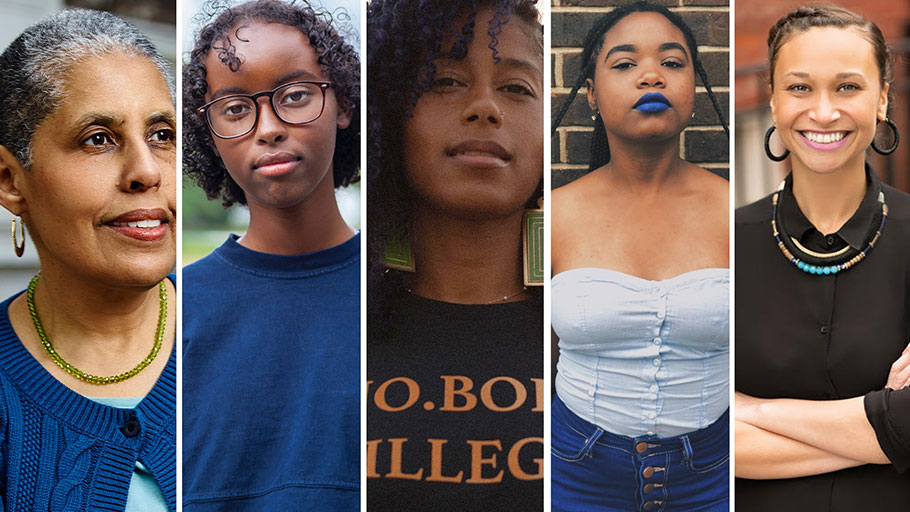
In this conversation, moderated by the Dream Defenders’ Rachel Gilmer, Black women activists explain their support for Sanders’s campaign. By Teen Vougue — Senator Bernie Sanders has attributed his success in the 2020 presidential campaign to his “multigenerational, multiracial coalition” of supporters. Sanders’s win in Iowa has been credited in part to his support among the minority and immigrant voters who turned out to the “satellite” caucuses set up for those who couldn’t make it to…
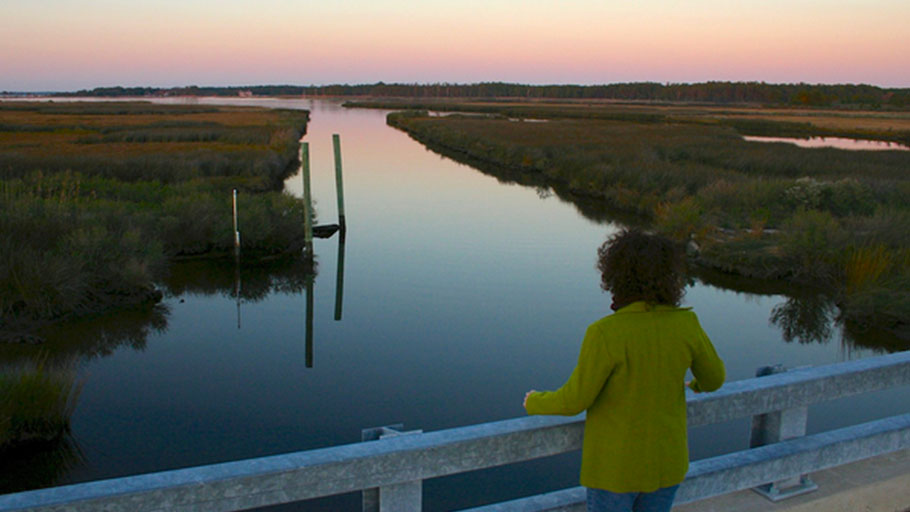
By Todd Lookingbill, HNN — Cynthia Erivo, who is nominated for best actress in a leading role in this weekend’s Oscars, stars in the gripping biopic “Harriet.” The movie, which tells the story of abolitionist Harriet Tubman, captures the miraculous physical, emotional, and spiritual journey of Harriet Tubman as she escapes from slavery to become an American icon. Of course, the horrors of slavery and the courage of the enslaved heroes that…
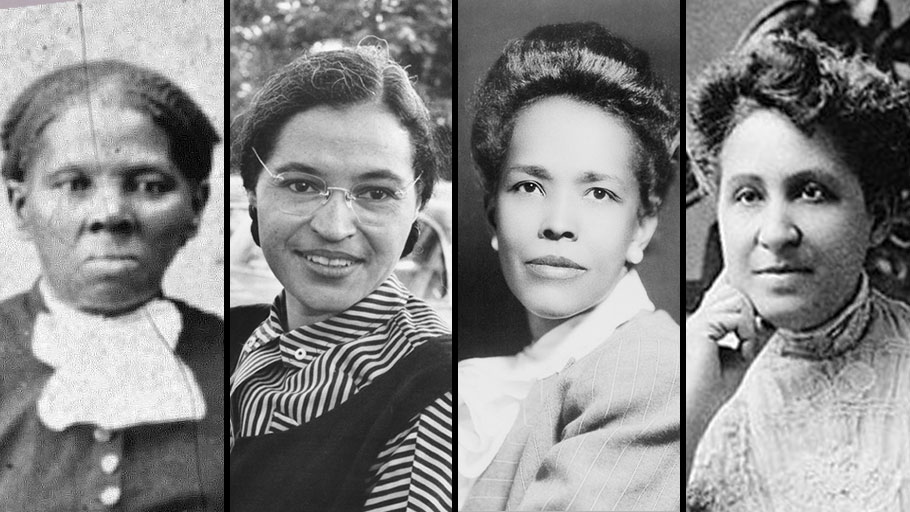
Black women like Harriet Tubman, Rosa Parks, Ella Baker and Mary Church Terrell played a major role in the women’s suffrage movement. By Nsenga K. Burton — August 18, 2020 marks…
Vantage Point Radio January 6, 2020 — On this edition of Vantage Point, host Dr. Ron Daniels aka The Professor talks with guests Dr. Patrick Delices, Dr. Leonard Jeffries, Earl Ofari Hutchinson, Bill Fletcher and callers. Topic The Role of Religion/Spirituality and Women in the Haitian Revolution The Future of Pan Africanism Status of the 2020 Presidential Election Guests Dr. Patrick Delices, Scholar/Activist, Bronx, NY Dr. Leonard Jeffries, President,World African…

By Frederick Joseph, The Root — It happened twice and she couldn’t tell anyone. But she told me. In the decades since it had happened, she hadn’t told any other men…

By Dr. Julianne Malveaux — California Senator Kamala Harris (D) threw her hat in the ring for the Democratic nomination for President before more than 20,000 people in Oakland, California….
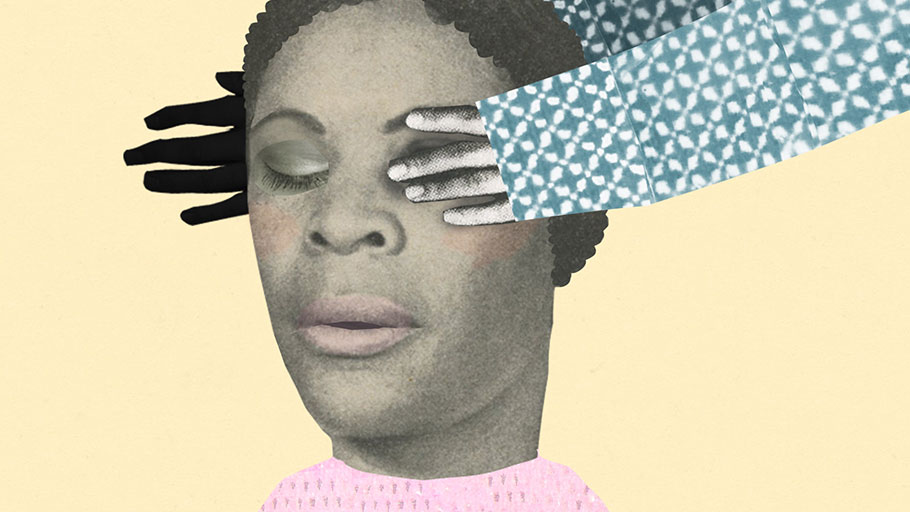
How disinformation campaigns suppress the Black vote By Errin Haines, CJR — During the Democratic debates on June 27, Senator Kamala Harris had a standout moment. Former vice president Joe Biden, the…
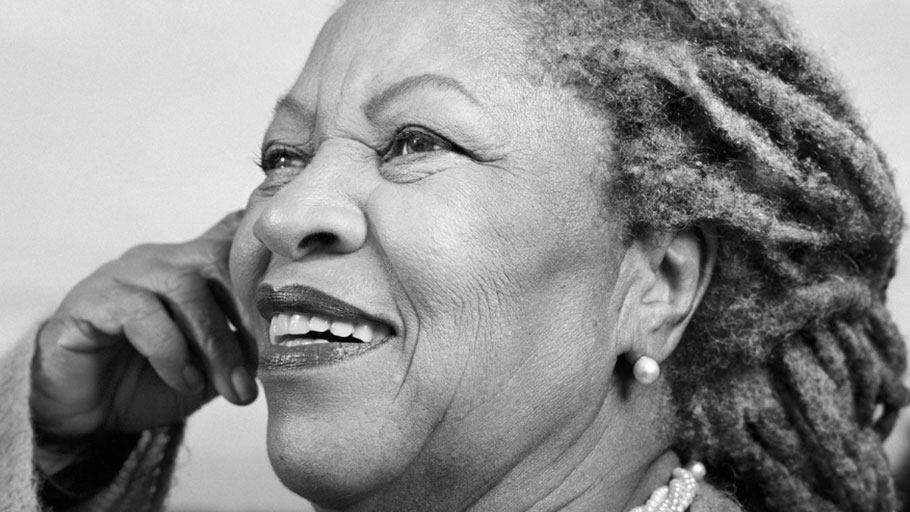
By Herb Boyd — An ensemble of luminaries, mainly writers and musicians, shared their memories and reflections of the esteemed author Toni Morrison on Thursday at the Cathedral Church of…
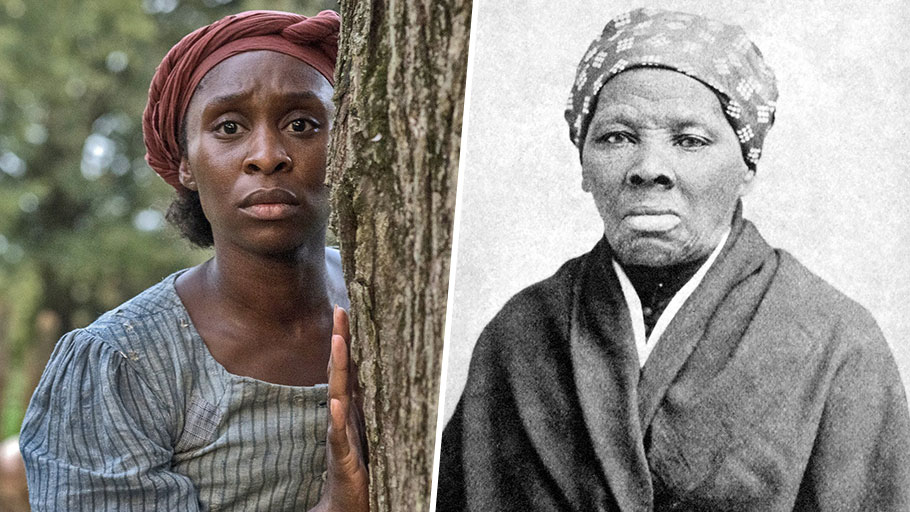
By Dr. Maulana Karenga — Part 1. The conversations and controversy surrounding the movie “Harriet” of Hollywood seems, at first sight, to be simply about Harriet Tubman, the liberator, the…
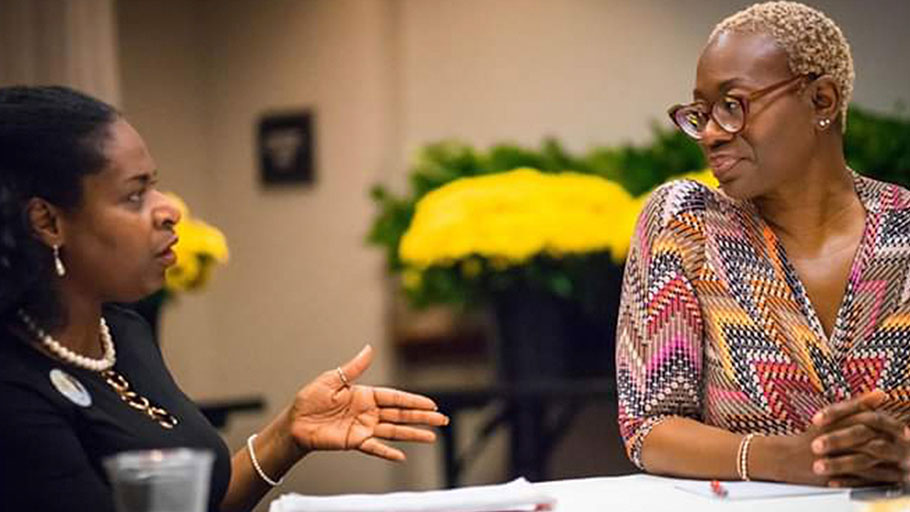
By Terri L. Crawford, JD, The Omaha Star — “Moreover, he shall speak for you to the people; and he will be as a mouth for you …” — Exodus 4:16 As the voice of the people, the Nebraska Democratic Party Black Caucus’ mission is to promote the involvement of Blacks in the political process and the activities of the party at the local, state, and national level. The Caucus…

By Dr. Maulana Karenga — This is a reminder, prelude and promise of a coming review on the movie “Harriet”. This is in joyful and grateful homage to our illustrious…